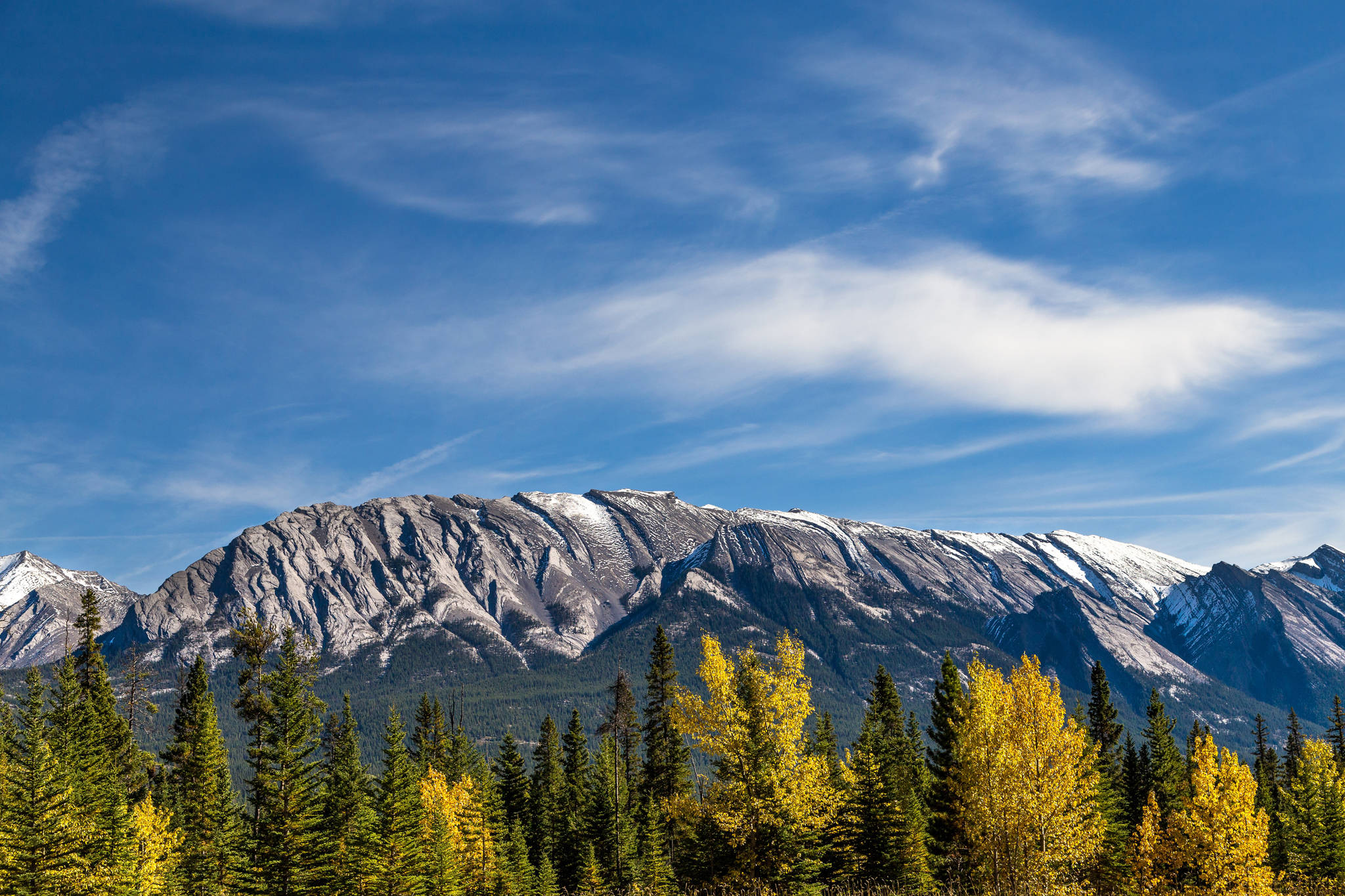WILLIAMS LAKE, British Columbia — Imperial Metals Corp. says it is suspending operations at its Mount Polley mine in south-central British Columbia due to declining copper prices.
The gold and copper mine was the site of a 2014 tailings dam collapse that was one of the largest environmental disasters in the province’s history.
Imperial Metals said in a news release Monday that the suspension plan includes milling of low grade stockpiles which is expected to extend operations to the end of May 2019.
There will be no impact to the mine’s ongoing environmental monitoring and remediation program, it said.
[After Mount Polley: The activists and filmmaker behind the documentary ‘Uprivers’]
“Full operations will resume once the economics of mining at Mount Polley improve,” it said.
The company did not immediately respond to a request for more details, including how many jobs would be affected by the suspension of operations at the mine northeast of Williams Lake, B.C.
The union representing Mount Polley workers, United Steelworkers Local 1-2017, did not immediately respond to a request for comment.
Imperial Metals said in August that unionized workers at Mount Polley had voted in favour of a new three-year contract, after initiating strike action in May following a lockout by the company.
Bryan Cox, president of the Mining Association of B.C., said the mine is a significant employer in the Cariboo region and it also creates indirect jobs including supplier positions across the province.
“There’s really a provincewide impact when there’s impact to our operations in B.C.,” he said. “This is big news for the province.”
There has been volatility in the copper market for some time and the price is near its lowest point in about 18 months, Cox said.
[Transboundary mine faces $200-million cash crunch]
B.C. is the No. 1 copper producer in Canada, but it’s a global industry and tax structures need to be as competitive as possible to protect local jobs, he said.
But he added there is huge opportunity for the commodity in the long-term, as more parts of the world transition to a lower-carbon economy.
It takes up to four times more copper to build an electric car than a conventional car, for example, and it’s also used in wind turbines and solar panels, he said.
“As we make this transition, we’re going to need more copper,” he said.
The tailings dam collapse sent 24 million cubic metres of mine waste and sludge into nearby waterways and the mine did not resume full operations for nearly two years.
B.C.’s Conservation Officer Service launched an investigation of the disaster but a three-year deadline for provincial charges in the case passed in 2017.
Engineers and Geoscientists B.C. announced in September that three engineers involved in the design, construction and monitoring of the tailings storage facility that collapsed will face disciplinary hearings this year.
• This is an Associated Press report.

